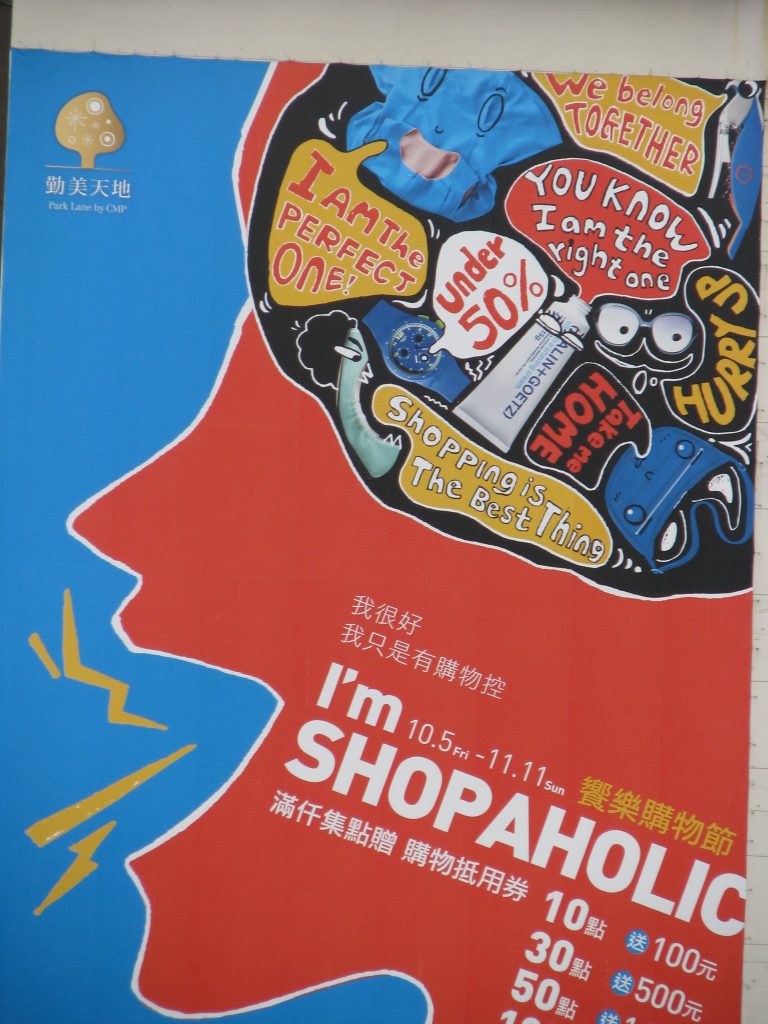The governing Chinese Nationalist Party’s (KMT) cross-strait policies already have political implications that favor China’s agenda. The root cause is obvious: The KMT government has no visionary project for the nation. However, the good news is Taiwanese have awakened to this fact, as seen by Ma’s low approval ratings
By Michael Danielsen, chairman of Taiwan Corner
This Oped was first published in the Taipei Times on April 25 2014. The Oped can be read here…
The time for political talks between Taiwan and China is not ripe, President Ma Ying-jeou (馬英九) has said. This is true, but the Chinese Nationalist Party’s (KMT) cross-strait policies already have political implications that favor China’s agenda. The root cause is obvious: The KMT government has no visionary project for the nation. However, the good news is Taiwanese have awakened to this fact, as seen by Ma’s low approval ratings.
The KMT lacks a vision for the nation because it defines itself in terms of cross-strait integration. This integration is far more important for the KMT than building up Taiwanese society and democracy, despite democracy being what unites society and an essential part of what defines the Taiwanese identity.
Over the past five years, the KMT has focused on inking trade pacts and easing restrictions on cross-strait flights and investments. Recently, cross-strait investments were expanded into the services sector and restrictions on the movement of workers between Taiwan and China have been eased. In short, China is steadily gaining more influence in Taiwan. Even in the educational system, the KMT ensures that Chinese culture and history are high on the agenda.
The political implications of these policies are hidden behind a series of technical treaties, so-called economic necessities and statements that emphasize how China will benefit Taiwan’s businesses and economic competitiveness, as seen in the Economic Cooperation Framework Agreement (ECFA).
Even when the KMT proposes “new” ideas, it just continues to present more of the same, such as the three proposed “free economic pilot zones.” The zones are hardly innovative and could end up hurting Taiwan, for example by allowing Chinese agricultural products to be imported and processed in the zones, and then labeled “Made in Taiwan.”
Regardless, it is unfair to disregard all of the KMT policies. The cross-strait initiatives it has championed do create opportunities for mutual understanding and contribute to an enriched understanding of Taiwanese identity. One could also argue that cross-strait rapprochement reduces the stakes of either side taking wrong steps, but considering China’s assertive behavior and its economic power, this may not be such a strong argument.
Internationally, these policies create a situation in which Taiwan is increasingly disappearing from the radar as it gets harder for international observers to see the real differences between China and Taiwan. The reason for this is that the countries have not yet moved into sensitive political discussions. Such discussions would reveal that the current cross-strait policies are not sustainable and that there is a huge gap between Taiwan and China that cannot be ignored.
This poses a reality problem: To be precise, the KMT is failing to address the real needs of Taiwanese in streets and homes across the nation, with unemployment rising and worries about the future increasing.
The nation needs a government with the ambition to build a strong Taiwanese society and democracy. Taiwan continues to have a great reputation in the international arena, and it can build on this by improving the cooperation on industrial innovation and research it already has with many countries.
To succeed, Taiwan has to reverse worrying developments in its democracy, because as press freedom and the legal system suffer, Taiwan and China get closer. Also, a robust democracy and respect for human rights are essential for Taiwan’s sustainable development.
The KMT’s strategy seems to rely on a recovery in the world economy to persuade the public to support its policies. Taiwanese want a better quality of life, but the KMT has no visionary project to fulfil these wishes.




